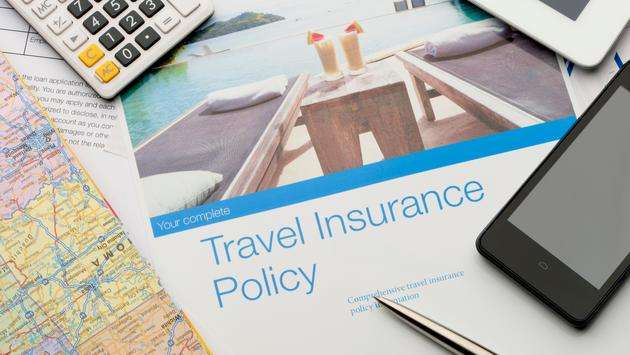Even thinking about travel insurance can be a daunting task, especially for a first-time traveler. Here to answer your questions is Chief Insurance Analyst of Forbes Advisor, Amy Danise .

TravelPulse (TP): Is travel insurance necessary for every trip and every kind of traveler?
Amy Danise (AD): Travel insurance becomes important when you have a lot to potentially lose in nonrefundable deposits for a trip. This could include non-refundable airline tickets, a hotel that doesn’t have a great cancellation policy and pre-paid excursions like guided tours.
If you’re traveling outside the U.S., travel insurance is also important for its travel medical benefits. U.S. health plans and Medicare generally offer no coverage outside the U.S. So in case you become ill or injured in another country, you definitely want to have travel medical insurance .
If you don’t have big deposits down on a trip and you’re not traveling outside the U.S., you likely don’t need to spend money on travel insurance.
TP: What does travel insurance cover, and how do travelers go about finding the plan that works for them?
AD: The two most important benefits in a travel insurance policy are for trip cancellation and medical benefits.
The trip cancellation coverage comes to your rescue if you have to cancel your trip because of a reason listed in the policy. If you have made large trip deposits that aren’t refundable, this is great coverage to have. Also important is the travel medical coverage to help with doctor and hospital bills, especially if you’re going outside the U.S.
From there, you can add a variety of benefits, depending on what your main travel concerns are. For example, there’s coverage for lost or damaged baggage, reimbursement for money spent because of travel delays, missed connection coverage and other options. Speak to a travel insurance agent, who can match coverage to your needs.
TP: Are there different criteria, plans or considerations those with pre-existing conditions need to search for when buying travel insurance?
AD: Travel insurance will cover pre-existing conditions, but only if you buy the travel plan shortly after making your first trip deposit -- usually 14 to 21 days. You want what’s called a “ pre-existing medical condition exclusion waiver .” So it’s smart to plan your travel insurance purchase along with your trip, so you don’t miss the window for this waiver.
TP: What role does the travel agent play when it comes to travel insurance?
AD: A specialized travel insurance agent is an important resource in your trip planning. The agent can make sure your travel insurance matches the concerns you have for your trip, such as illness or lost luggage. And they can compare plan prices for you.
You might be offered a standard travel insurance plan from one of your travel providers, such as a cruise line. But using a travel insurance agent will allow you to customize a policy and make sure you have ample benefits for the coverage you want, such as good medical benefits.
TP: Any other tips?
AD: It’s important to note that not all travel insurance plans cover Covid-related trip cancellation and medical benefits. Even if everyone in your traveling party is fully vaccinated, it’s smart to guard against the possibility of contracting the virus while traveling. Ask your travel insurance agent for a plan that covers Covid .
